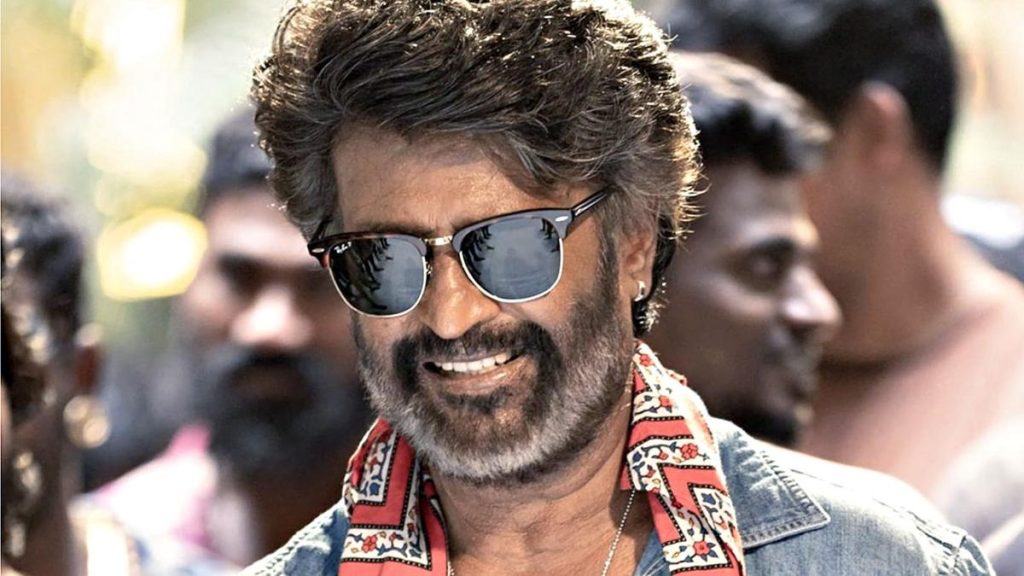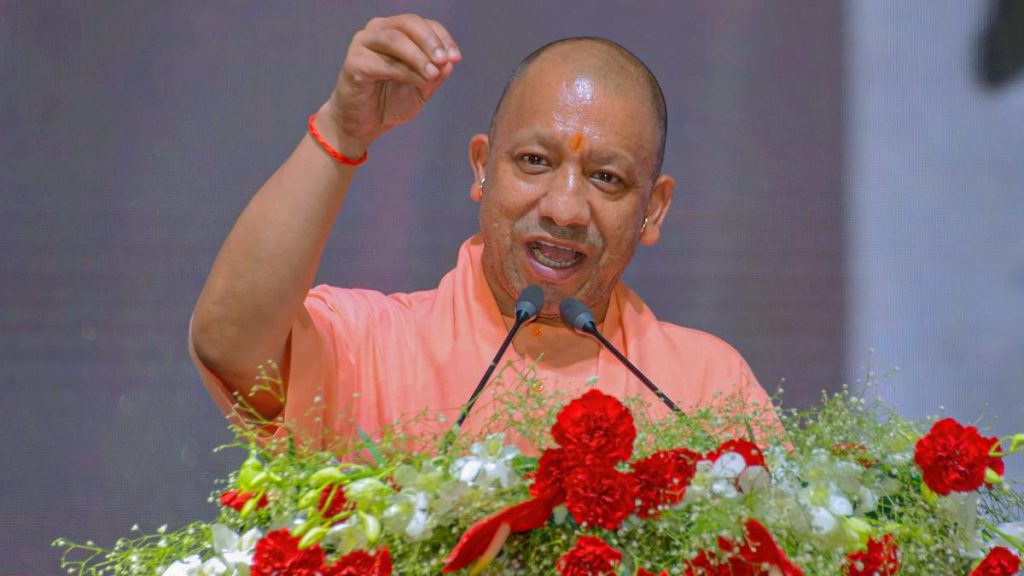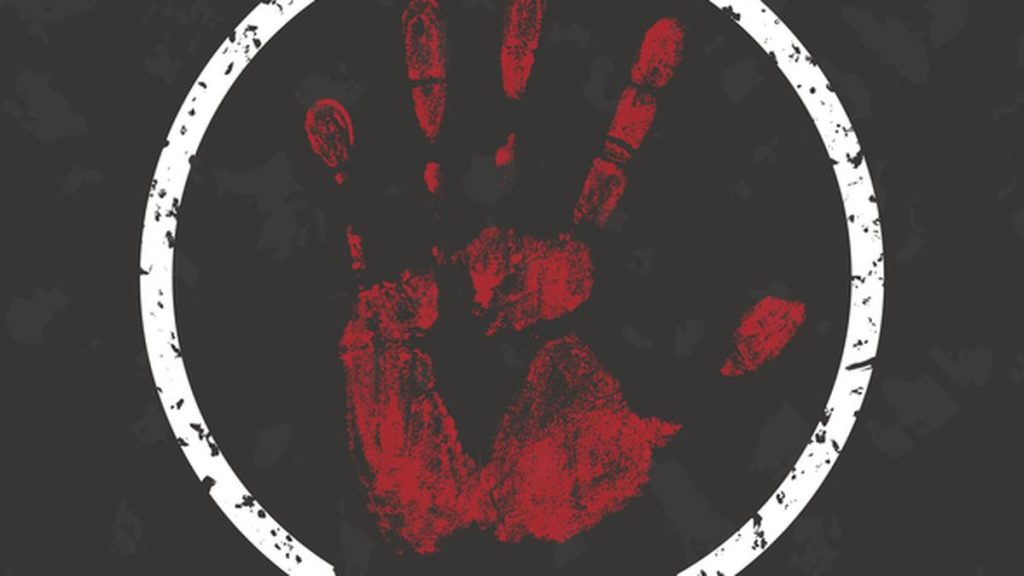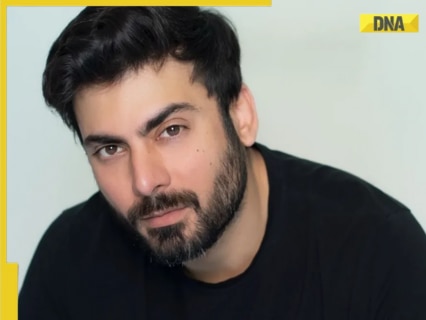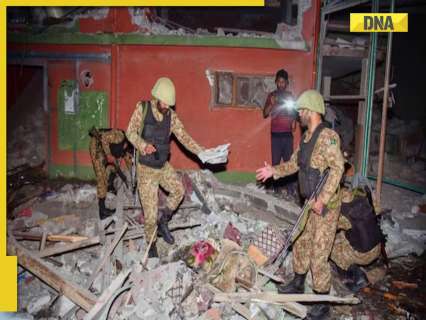Now Reading: From Courtesan to Tragedy: The Rise and Fall of Heeramandi’s Iconic Performer
-
01
From Courtesan to Tragedy: The Rise and Fall of Heeramandi’s Iconic Performer
From Courtesan to Tragedy: The Rise and Fall of Heeramandi’s Iconic Performer
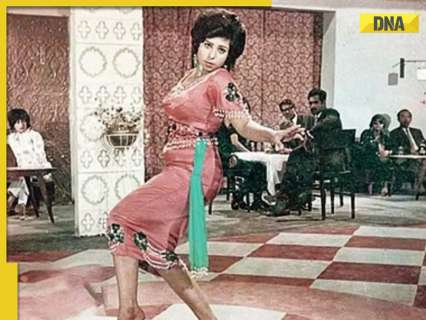
Quick Summary
- Netflix’s “Heeramandi,” directed by Sanjay Leela Bhansali, narrates fictional stories of courtesans but is inspired by Lahore’s real Heera Mandi.
- Heera Mandi was historically a hub for tawaifs (courtesans), many of whom transitioned into film careers in pakistan’s pre-Partition and post-independence Lollywood industry.
- Niggo, also known as nargis Begum, rose to prominence after moving from performing mujra like her mother to becoming the highest-paid dancer in Pakistani cinema. She appeared in over 100 films after debuting with “Ishrat” in 1964.
- During her career peak in 1972, Niggo fell in love with producer Khawaja mazhar and married him despite societal stigma against tawaifs marrying.Her mother disapproved of the union and manipulated Niggo into leaving Mazhar by pretending to be ill.
- On January 5, 1972, an emotionally devastated Mazhar shot and killed Niggo at her residence when she refused to return home with him under family pressure. Two others present were also killed during the attack. Mazhar was sentenced to life imprisonment, where he later died naturally.
Indian Opinion Analysis
The tragic tale of Niggo highlights profound societal challenges linked to gender roles and patriarchal dynamics within South Asia’s cultural landscape-both past and contemporary. The stigma surrounding tawaifs reflects deep contradictions: while they were celebrated publicly as artists or actresses during that era, their personal lives faced constraints rooted in moral judgments about their identity.
Niggo’s story sheds light on how societal pressures can distort relationships even at individual levels-her mother’s disapproval influenced events that culminated fatally due to ingrained notions of propriety concerning marriage and identity tied to gendered expectations.
The retelling through platforms like Heeramandi brings relevant reflections on women’s agency across creative industries-and how perceptions have evolved as then-but it remains necessary not only for cinematic renditions but also broader discussions on cultural narratives pairing art history firmly balanced introspection about ideal shifts future reforms within India/Pakistan!


